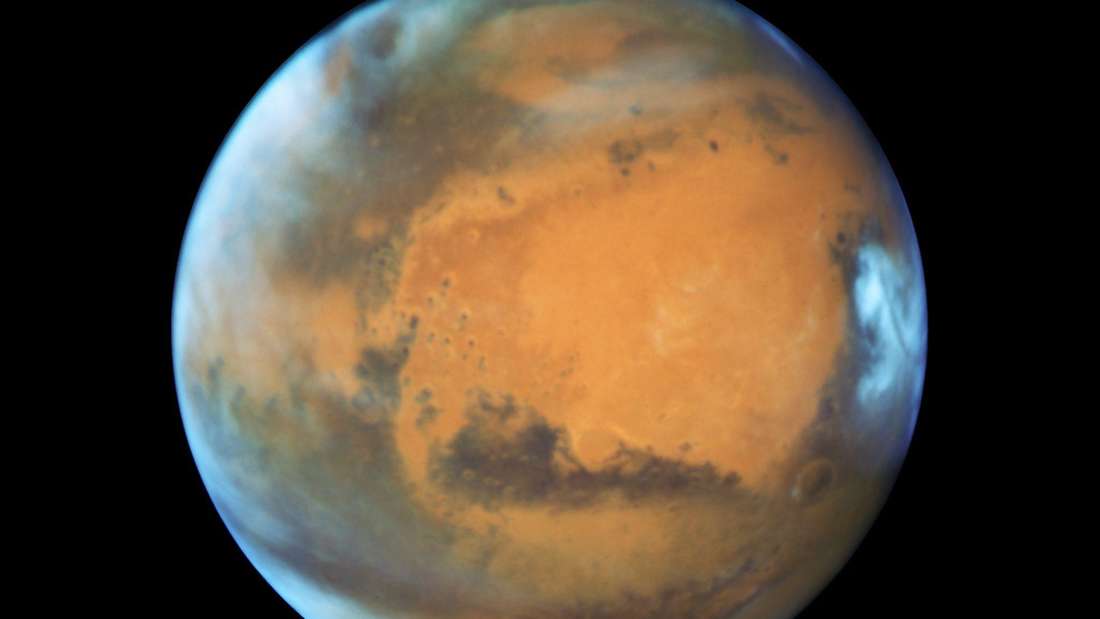detour through germany
According to Gazprom, Poland will continue to buy Russian gas
According to Gazprom, Poland will continue to buy Russian gas
4/28/2022, 4:58 PM
Since Poland does not pay the ruble on time, Russia cuts off the gas supply. According to the energy company Gazprom, the country still receives Russian gas through Germany. Meanwhile, the EU Commission makes it clear: ruble exchange is a matter for Russia.
According to energy giant Gazprom, despite the end of direct distribution, Poland continues to buy Russian gas – now through Germany. “It was solemnly announced that Russian gas is no longer needed and will not be purchased. But in fact it is not so,” Gazprom spokesman Sergei Kupriyanov told the Russian agency Interfax. According to Kupriyanov, about 30 million cubic meters of gas flows from Germany to Poland every day through the Yamal-Europe pipeline.
Gazprom confirmed on Wednesday that it will no longer supply gas to Poland and Bulgaria. The Russian state-owned company justified the delivery stop by saying that gas companies in both countries had not paid in rubles on time. On the other hand, Sofia and Warsaw emphasized that they have met their payment obligations. Polish Prime Minister Mateusz Morawiecki called for a “direct attack” on his country. At the same time, he stressed that Poland has a sufficient gas supply.
In late March, Kremlin boss Vladimir Putin called on Western countries to open accounts with Gazprombank effective April 1 to pay for Russian gas supplies. Otherwise, delivery in “unfriendly” countries will stop. According to a decree signed by Putin, the invoice amount can still be paid to the Russian account in euros or dollars. Gazprombank converts money into rubles and transfers the amount in Russian currency to Gazprom. Delivery will be stopped if payment is not made, Putin had threatened.
“It’s up to them what the Russians do with the money”
Meanwhile, the European Commission has clarified the rules on the ruble payment required by Russia for gas delivery. EU Commission officials said companies that opened bank accounts in Russia as requested by Moscow and continued to pay for deliveries in euros did not violate EU sanctions against Russia. “What the Russians do with the money later is up to them,” one official said.
However, the EU Commission does not consider it acceptable that the purchase by Russia is not considered complete until the money is converted into rubles. “It would be a violation of sanctions for a company to accept to open a second account to meet demands,” an EU official said. During the exchange of money in rubles to another account, the money is in the hands of the Russian central bank, which is approved by the European Union. The regulation thus stipulates that EU companies cannot be formally held responsible for ruble exchange – but does not prevent Russia from exchanging money later.

Introvert. Proud beer specialist. Coffee geek. Typical thinker. Pop culture trailblazer. Music practitioner. Explorer.





